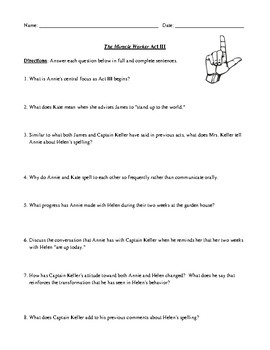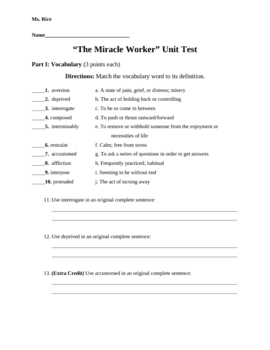

In 1962, the game show was revealed to have been rigged, and she was called to testify before a panel of the United States Senate. In 1959, at the age of 12, Duke was a contestant on The $64,000 Question and won $32,000 her category of expertise, according to her autobiography Call Me Anna, was popular music. She also appeared in print ads and in television commercials. One of Duke's early acting roles was in the late 1950s on the soap opera The Brighter Day. "You're Patty now." They hoped that Patty Duke would duplicate the success of Patty McCormack. In addition, the Rosses made Duke change her name. She never saw her father and saw her mother only when she visited to do the Rosses' laundry. They gave her alcohol and prescription drugs, took unreasonably high fees from her earnings, and made sexual advances to her. They consistently billed Duke as being two years younger than she actually was and padded her resume with false credits. The Rosses' methods of managing Duke's career were often unscrupulous and exploitative. When Duke was eight, her care was turned over to talent managers John and Ethel Ross, who after promoting Patty's brother, were looking for a girl to add to their stable of child actors. When Duke was six, her mother forced her father to leave the family home. Their father was an alcoholic, and their mother suffered from clinical depression and was prone to violence. ĭuke was raised in the Elmhurst neighborhood of Queens, where her brother Raymond, her sister Carol, and she experienced a difficult childhood. the youngest of three children of Frances Margaret ( née McMahon 1913–1993), a cashier, and John Patrick Duke (1913–1964), a handyman and cab driver. She was also an occasional singer and author.ĭuke was born at Bellevue Hospital in Manhattan. Following her diagnosis, she devoted much of her time to advocating for and educating the public on mental health. From 1985 to 1988, she served as president of the Screen Actors Guild.ĭuke was diagnosed with bipolar disorder in 1982. The latter earned her a Golden Globe Award for Best Actress – Motion Picture Comedy or Musical. She progressed to more mature roles, such as Neely O'Hara in the film Valley of the Dolls (1967) and Natalie Miller in the film Me, Natalie (1969). The following year, she played the dual role of "identical cousins" Cathy and Patty Lane on her own show The Patty Duke Show (1963–1966). She won an Academy Award for Best Supporting Actress for her performance.

Over the course of her acting career, she was the recipient of an Academy Award, two Golden Globe Awards, three Primetime Emmy Awards, and a star on the Hollywood Walk of Fame.Īt age 15, Duke portrayed Helen Keller in the film The Miracle Worker (1962), a role that she had originated on Broadway.

Anna Marie " Patty" Duke (Decem – March 29, 2016) was an American actress and mental health advocate.


 0 kommentar(er)
0 kommentar(er)
